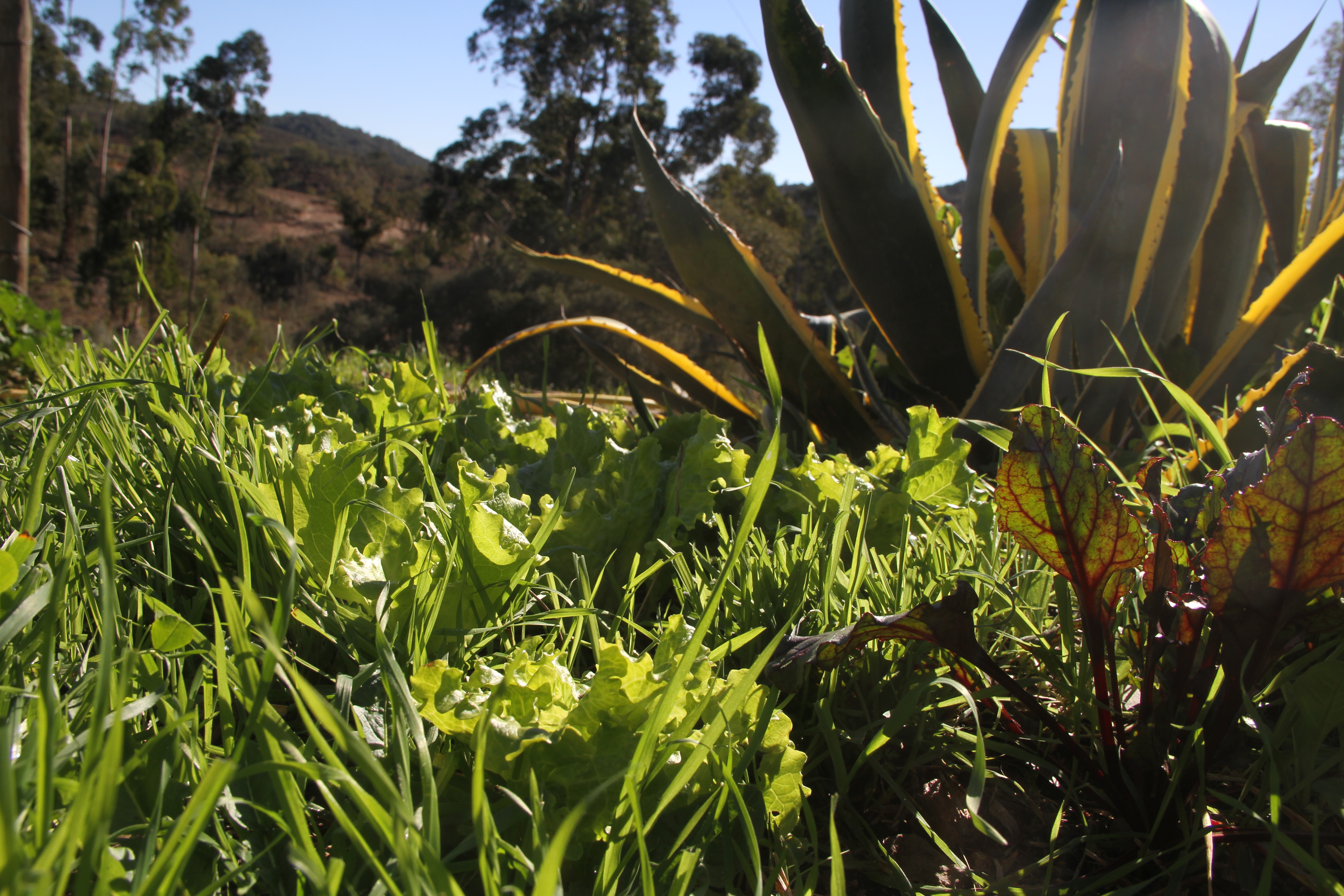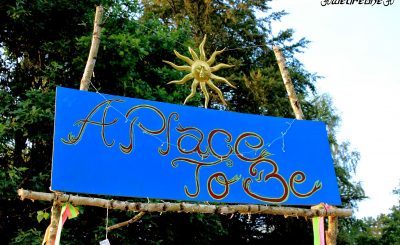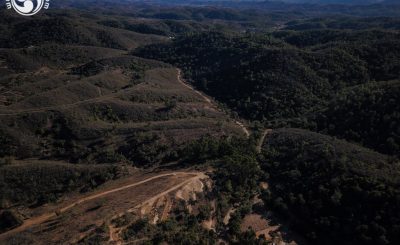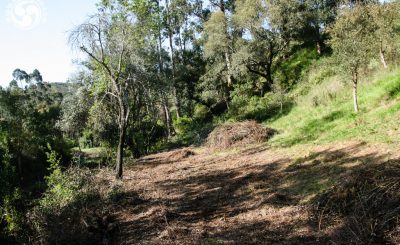This post is also available in:
 Deutsch
Deutsch
Today the term permalculture is associated with ecological, economic and social values. Sustainable energy and raw material cycles that achieve sufficient amounts in the long term and reduce the required energy consumptionbecome more improtant. The term goes further and describes an ethical attitude, which can be applied and implemented in real life. The ecological component is related to a conscious and careful handling of the earth. This is about an appreciative attitude towards the earth given raw materials and a conscious use and distribution of them. The economic component focuses on regeneration and the earth’s ability to cope with stress and includes the avoidance and distribution of surpluses as well as the self-limitation of the satisfaction of personal needs.
The needs of Western cultures are striving for an ever-higher standard with increasingly scarce natural resources. Advantages of Western usage habits in everyday life, more time for personal interests, the extraordinary and special of modernity have their price. Coming from the city, one is rarely in direct responsibility to take care of one’s own waste water or garbage. Neither is the water supply in the western countries (we come from Germany) less of a problem, the water simply comes from the tap. The unlimited availability allows us to deal with this unconsciously and if not out of our own interest, it is not absolutely necessary to take care of the procurement of energy or water, the disposal of waste or waste water. For a small fee, it is free of charge. Modern man devotes himself to the cultures in a museum in style and has uncertainties about real strangeness on the street.
That we should keep natural ressources is not new. Our natural water ressources are not endless. Specially here in Portugal we are confronted with the theme that water is something very important. The “Quinta de Macheira – Chaishops Place to be” is situated in a rural area in southern Portugal in the Algarve. Near the border to Destrik Beja there is a vastly sparsely populated area with almost untouched nature. Water and electricity pipes are not a matter of course wherever a small house has been built.
Here we live with time and tranquillity and allow you to breathe deeply and return to the essentials. When we start to live here at Quinta do Macheira – Chaishops Place to be” in January 2017 there were no water pipelines and no springs around, too. So we start to build a borehole what makes it possible to have an own water ressouce. The time we live without water makes us thinkable and we wish to keep the water what we take out of the borehole.
We use the sun to generate energy and now have a permanent water source. From what we take we give back and thereby create something new, which in turn keeps us alive.
We want to share with you our individual construction projects on the Quinta, our first experiences and attempts to install resource-oriented utilization and energy cycles.
This post is also available in:
 Deutsch
Deutsch






